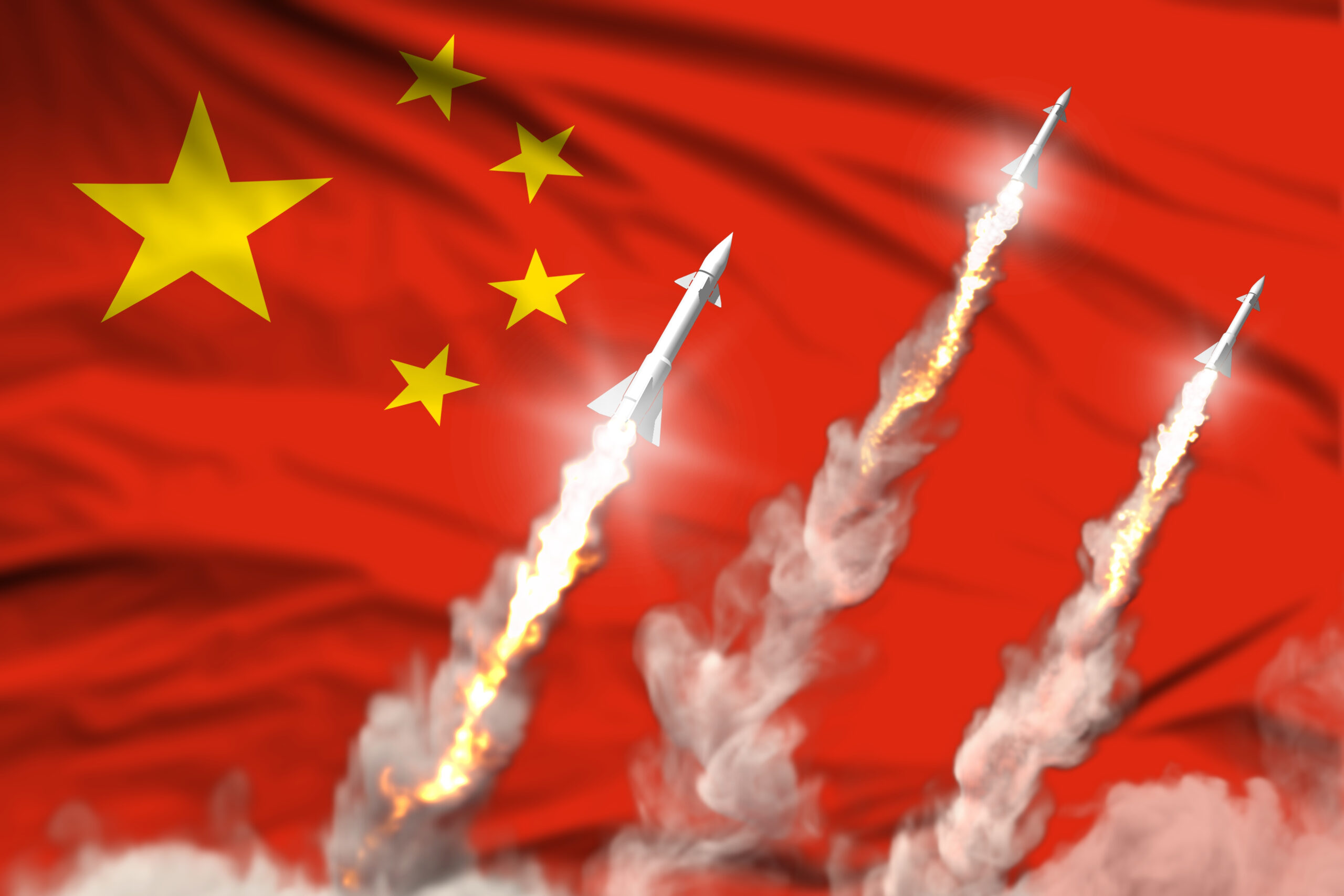Politics
Army Secretary Says China Will Attack U.S. Homeland if War Escalates

Christine Wormuth, the Secretary of the US Army, has predicted that in the event of a “major war” between the US and China, the Communist-led nation would likely launch attacks on American soil in an effort to weaken morale. Wormuth also stated that such attacks could be used as a means to undermine the resolve of the American people.
Wormuth said on Monday that “If we got into a major war with China, the United States homeland would be at risk as well with both kinetic attacks and non-kinetic attacks — whether it’s cyberattacks on the power grid or on pipelines. They are going to go after the will of the United States public. They’re going to try to erode support for a conflict.”
Both kinetic and non-kinetic attacks can be used in various situations, including military conflicts, terrorist attacks, or geopolitical struggles. The choice between using kinetic or non-kinetic attacks often depends on the goals, capabilities, and vulnerabilities of the attacker and the defender.
“Our goal is to avoid a land war in Asia. But we have to prepare, we have to be ready to fight and win this war.” She continued, “the best way to avoid such a war is to show China and the countries of the region that we can really win this war.”
Kinetic attacks refer to physical or violent attacks that involve the use of force or weapons, such as bombs, missiles, or firearms. These attacks are aimed at causing physical damage, destruction, injury, or death to people or property.
Non-kinetic attacks, on the other hand, are attacks that do not involve physical force or weapons but rather rely on psychological, economic, or political means to achieve their objectives. Examples of non-kinetic attacks include cyberattacks, propaganda campaigns, economic sanctions, or political interference.
China has expanded its military capabilities in recent years and has become increasingly aggressive towards Taiwan. The report suggests that China’s military capabilities are now strong enough to enable it to carry out attacks on Taiwan’s military and civilian infrastructure, which could potentially extend to U.S. military assets in the region.
Also, China has been modernizing its nuclear forces, which could pose a significant threat to the U.S. and its allies. The U.S. and other nations have expressed concern about China’s growing military strength and territorial ambitions in the region.
China claims Taiwan as its own territory, while Taiwan considers itself a sovereign state. The U.S. has a longstanding relationship with Taiwan, which includes arms sales and other forms of support, and has pledged to defend the island against any Chinese aggression. China has been increasing its military presence and activities near Taiwan in recent years, raising tensions in the region.
The U.S. has expressed concern over China’s growing military strength and its territorial ambitions, while China has accused the U.S. of interfering in its internal affairs by supporting Taiwan. The situation remains a source of geopolitical tension and uncertainty in the Asia-Pacific region.
Due to recent concerns over the Chinese Communist Party’s alleged use of surveillance balloons for spying in North America, and possible military assistance to Russia in its conflict with Ukraine, relations between China and the United States seem to be deteriorating further.

